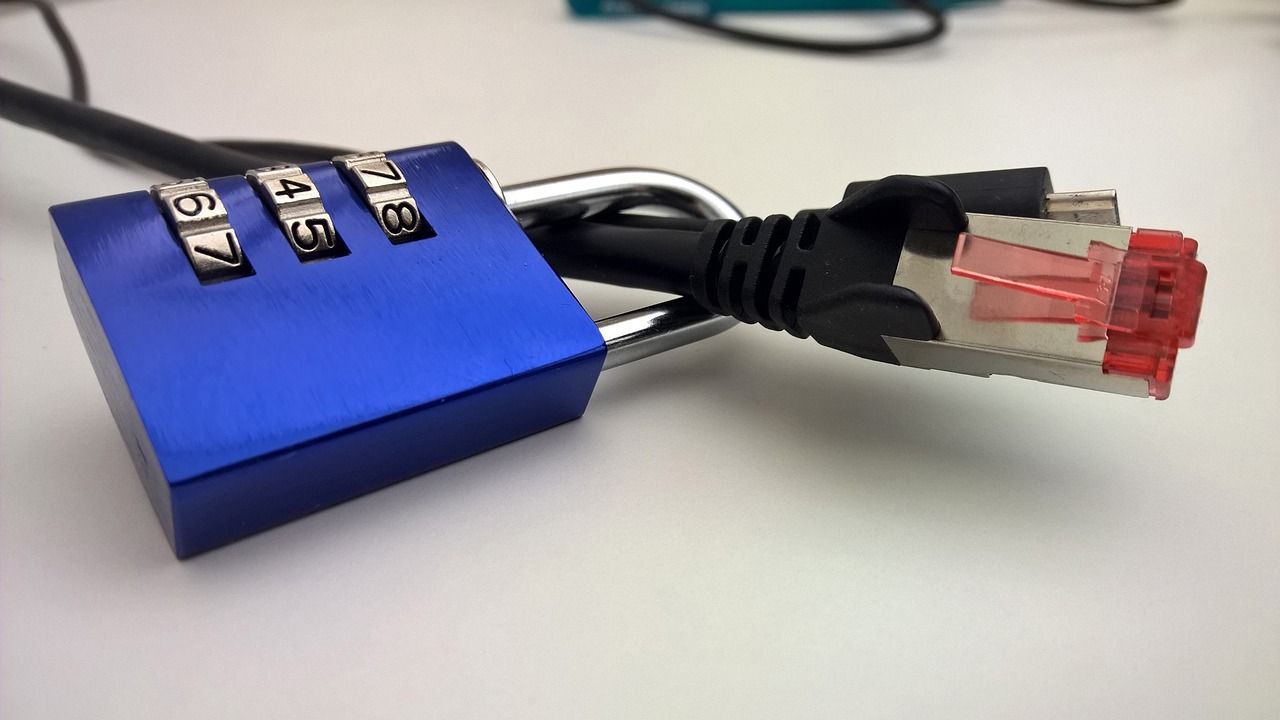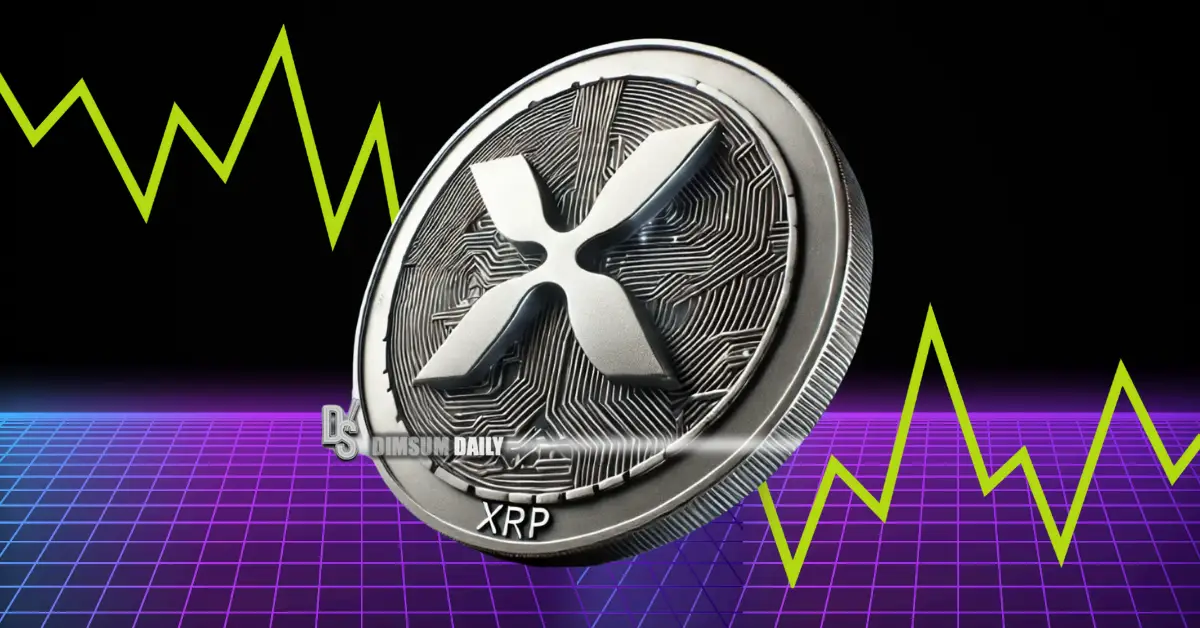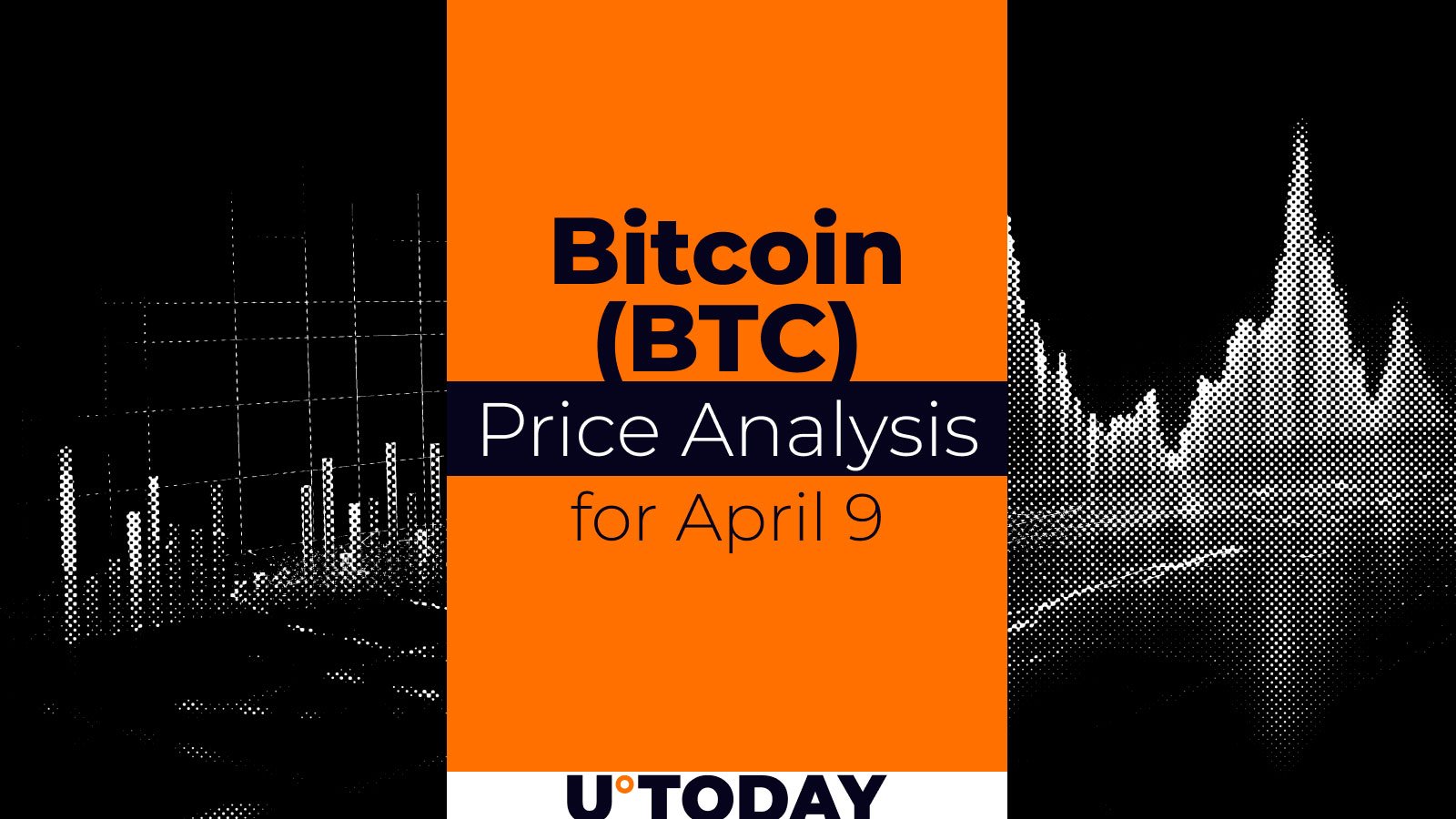Zero-Knowledge Proofs: Protecting Your Privacy in the Digital World
Imagine a world where you can make transactions online without revealing your most sensitive financial information. Sounds too good to be true? Well, thanks to the magic of zero-knowledge proofs, this dream is becoming a reality.
What Are Zero-Knowledge Proofs?
Zero-knowledge proofs (ZKPs) are a cryptographic technique that allows one party (the prover) to prove to another party (the verifier) that they know a value, without conveying any information beyond the fact that they know the value. In other words, ZKPs enable privacy-preserving transactions.
How Do Zero-Knowledge Proofs Work?
Let’s take a simple example to understand how ZKPs work. Suppose Alice wants to prove to Bob that she knows the solution to a mathematical puzzle, without revealing the solution itself. Alice can do this by providing Bob with a series of cryptographic proofs, which prove that she knows the solution without actually revealing it. Bob, who doesn’t have the solution, can be convinced of Alice’s knowledge without learning any information beyond the fact that she knows the solution.
Zero-Knowledge Proofs and Financial Transactions
Now, let’s apply this concept to financial transactions. Traditional financial systems require you to reveal all your financial information to third parties, such as banks and governments, whenever you make a transaction. This can be a major privacy concern, especially when it comes to transactions involving large sums of money. With zero-knowledge proofs, however, you can prove that you have the funds to make a transaction, without revealing the source or amount of those funds.
Zero-Knowledge Proofs and Compliance
You might be wondering how zero-knowledge proofs can ensure compliance with anti-money laundering (AML) and know-your-customer (KYC) regulations, while maintaining privacy. The answer lies in the fact that zero-knowledge proofs can be designed to screen for specific patterns or characteristics, without revealing any sensitive information. For example, a financial institution could use zero-knowledge proofs to verify that a transaction is coming from a known, reputable source, without revealing the identity of that source.
The Impact of Zero-Knowledge Proofs on You
As a consumer, zero-knowledge proofs mean that you can make transactions online without revealing your financial information to unwanted parties. This not only enhances your privacy but also reduces the risk of identity theft and financial fraud. In the future, you may be able to open bank accounts, apply for loans, and even file taxes, all using zero-knowledge proofs to protect your privacy.
The Impact of Zero-Knowledge Proofs on the World
On a larger scale, zero-knowledge proofs have the potential to revolutionize the way we conduct financial transactions. They could make cross-border transactions faster and more efficient, by eliminating the need for intermediaries and reducing the amount of paperwork involved. They could also make it easier for unbanked and underbanked populations to access financial services, by allowing them to prove their identity and financial status without revealing sensitive information.
Conclusion
Zero-knowledge proofs are a powerful tool for protecting privacy in the digital age. By allowing you to prove that you have the funds to make a transaction, without revealing any sensitive information, they offer a solution to the age-old problem of balancing privacy and compliance. As the world becomes increasingly digital, the importance of privacy-preserving technologies like zero-knowledge proofs will only continue to grow.
- Zero-knowledge proofs are a cryptographic technique that allows one party to prove to another party that they know a value, without revealing any information beyond the fact that they know the value.
- Zero-knowledge proofs can be used to prove that you have the funds to make a transaction, without revealing the source or amount of those funds.
- Zero-knowledge proofs can be designed to screen for specific patterns or characteristics, without revealing any sensitive information.
- Zero-knowledge proofs have the potential to revolutionize the way we conduct financial transactions, making them faster, more efficient, and more accessible to unbanked and underbanked populations.





